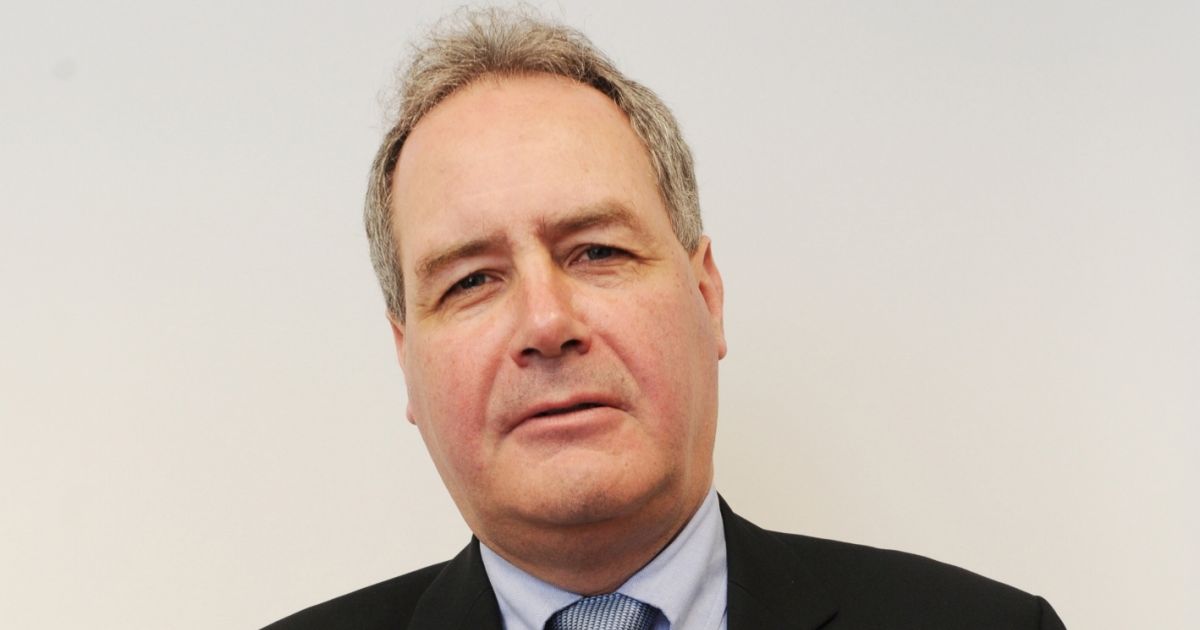I was pleased to sponsor the Westminster Hall debate last week on the Governments ambition for a Smokefree Future, something I have been a strong advocate for during my time in Parliament.
From the smoking ban in 2007 to standard packaging in 2015, progress on tobacco control has consistently been driven from the backbenches. I am delighted that most of the APPG on Smoking and Health’s 2021 recommendations were included in the recent Khan review and are now in the process of being implemented by the Government. These include progress towards much tougher regulation of vaping to protect children, additional funding for Stop Smoking Services and anti-smoking campaigns, the Swap to Stop campaign, and financial incentives for pregnant women who smoke.
Whilst the Government’s proposals to create a smokefree generation and to curb youth vaping are welcome, they will not be enough to achieve the smokefree 2030 ambition. It is imperative that the smokefree ambition is delivered for everyone, not just the next generation.
According to Cancer Research UK, the Government is almost a decade behind achieving its target for England to be smokefree by 2030. The most deprived areas aren’t on track to hit the smokefree target of 5% smoking prevalence until beyond 2050. This would leave the most vulnerable in our society bearing the brunt of the harms from smoking for decades to come.
Smoking remains the largest cause of preventable death, ill-health and inequalities in the UK. 1/8th of the population currently smoke, around 6.4 million adults in the UK. On average it takes thirty attempts to quit smoking and thus many never achieve it due to tobaccos highly addictive attributes.
2 in 3 long-term smokers die prematurely, often after years of disability, from the smoking induced cancers, respiratory and cardiovascular diseases. Shocking NHS data shows that in 2022/23 there were over 400,000 smoking related hospital admissions in England, up 5% from the previous year.
Another topic that the debate targeted was an urge for action on tackling youth vaping. I wholeheartedly agree with the words of the Chief Medical Officer: “If you smoke, vaping is much safer. If you don’t smoke, don’t vape. Marketing vapes to children is utterly unacceptable.”
In the APPG’s manifesto, we urge the Government to prevent e-cigarettes being sold at pocket money prices and to curtail advertising and promotion of vaping, particularly in shops where most underage vapers access e-cigarettes. It is wrong on every level to have candy floss, pastel coloured vapes, marketed directly at children. It also entirely explains how the drastic rise in youth vaping since 2021 has largely been driven by the availability and marketing of cheap, single use vapes.
Local stop smoking services have a key role to play in delivering a smokefree future, thus I am pleased that the Government has committed to a five-year funding plan for smoking cessation services. This new funding will help to drive down smoking rates, generating a return on investment from year one.
Tobacco manufacturers make an estimated £900m a year in the UK, with an average net profit of 50%, far exceeding the average for UK manufacturing at below 10%. Four companies are responsible for 95% of UK tobacco sales which makes them responsible for an overwhelming majority of the deaths caused by smoking each year. Despite their staggering profitability, these companies pay minimal corporation tax in the UK. Through the exploitation of their global footprint and tax loopholes, they have been able to successfully avoid a fair tax bill. Imperial Brands, the largest tobacco manufacturer by market share lowered their tax bill by an estimated £1.8bn over the last decade.
I would strongly welcome a polluter pays principle. It is a widely accepted principle that is successfully implemented in other industries, such as environmental regulation, soft drinks industry and recently the gambling industry. This could be implemented by capping tobacco wholesale prices and hence profits. This would bring their profit margins in line with the 10% average for other manufacturers. A ‘polluter pays’ health promotion levy could ensure that the excess profits were turned into Government revenues, raising an estimated £700 million a year that could be used to fund the Government’s smokefree generation commitments several times over, leaving money spare for other public health measures. It is hard to think of a policy that has broader public support than this. The 2023 Smokefree Great Britain survey revealed that 76% of adults in Great Britain would support a levy on the tobacco industry, with only 6% opposed.
To conclude, I wholly support the idea of a Smokefree generation but we need to go even further if we are to create a smokefree future – not just for the next generation – but for every generation. I will continue to work with the Government, the APPG and other stakeholders to ensure we can make this a reality as soon as possible.


